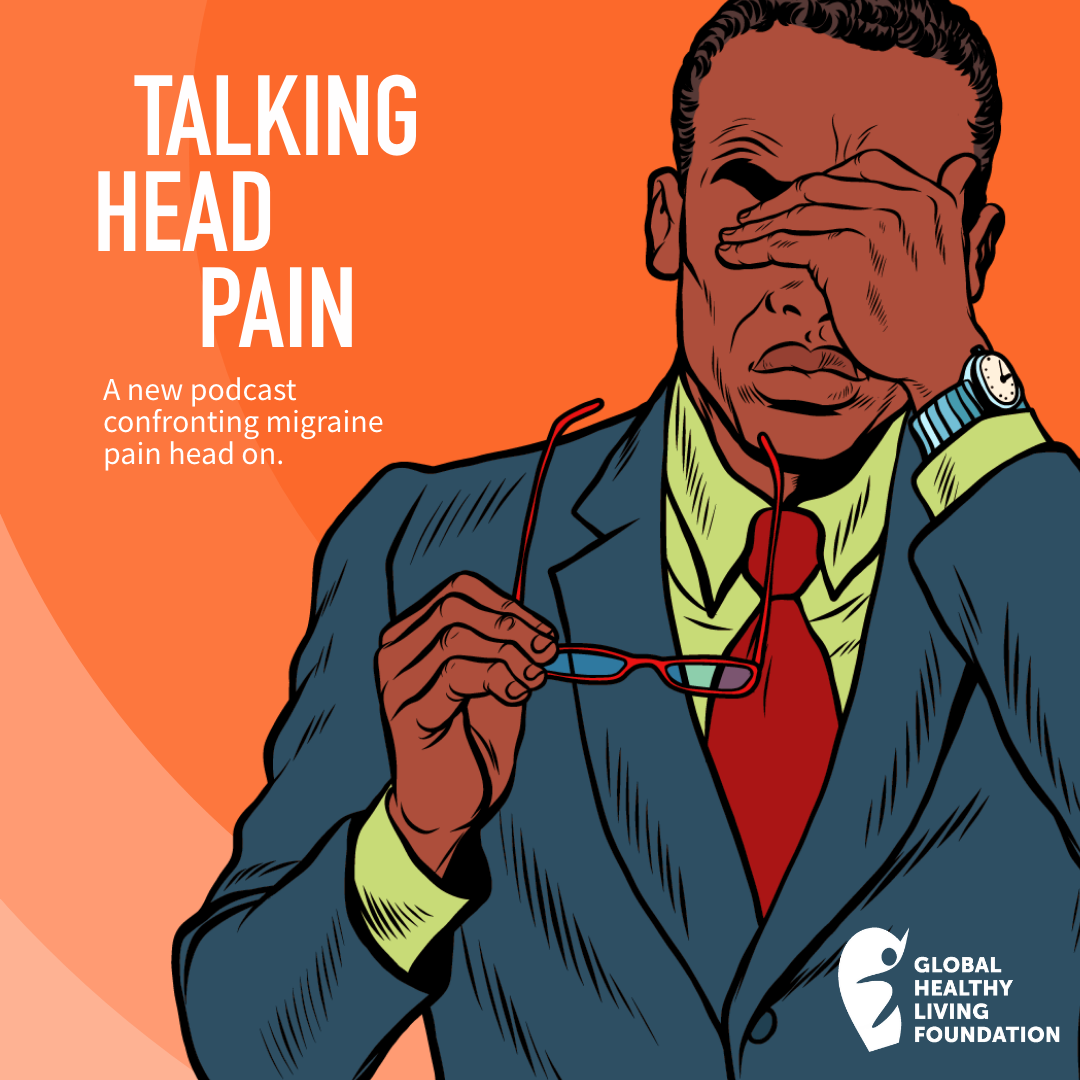“It’s important to treat rheumatoid arthritis early and aggressively.”
It’s a statement we often hear in interviews with rheumatologists, articles about rheumatoid arthritis (RA), and at doctor’s appointments. There’s no arguing with this statement is true, but as with so many things in life, reality can get in the way.
Let’s look at some of the obstacles to getting the medications you need and tips on how to break down the barriers.
Barriers to Rheumatoid Arthritis Treatment
There are several barriers to RA treatment, the first being getting an appointment with a rheumatologist. Previously in this space, I have discussed the shortage of rheumatologists in Canada, which can play a significant role in delaying diagnosis, often by months. And when a diagnosis is delayed, so is treatment.
Even when you do finally get a prescription, there are no guarantees that your first medication will be the one to treat your RA. Unfortunately, we don’t yet have a test that reveals which medication will work best for you, so finding one that effectively and quickly suppresses your symptoms can involve a process of trial and error.
Make sure to tell your rheumatologist how RA impacts your life and share any changes you may have noticed after taking a new medication. This will help your doctor tweak your treatment as needed.
But there is another big barrier to RA treatment that we rarely talk about in Canada: the cost of medication. Although we have universal health care that covers the cost of doctors’ appointments and medical tests, we are left to our own devices when it comes to paying for the medication our doctors prescribe.
Although the current federal government has inched closer to creating a national Pharmacare system that would include medication in Canada’s universal health care system, it is not yet a reality. When you live with a chronic illness like RA, the cost of medication can be quite high, especially if you have received a prescription for a Biologic or biosimilar that can cost thousands of dollars a year. Prioritizing your health is important, but in the face of rising costs, there is only so much money to go around.
Paying for Your RA Meds
Despite the very real challenge of affording the medications you need, the good news is that you are not entirely on your own. There are several programs that can help reduce your costs.
Personal Health Insurance
Almost two-thirds of Canadians have some sort of private health insurance, often through their place of employment. If you joined a private health insurance plan before your RA diagnosis, your plan may cover most or all of your prescribed medication.
When it comes to very expensive RA treatment, some private plans will pay for biologics, especially after you have tried other (and cheaper) drugs that have failed to work. In the U.S., there is quite a lot of conversation about how fail-first policies can make it difficult to treat RA, but we don’t talk much about it north of the border, so it can be a bit of a surprise to encounter this in Canada. Other private health insurance policies may exclude biologics from coverage, simply because they are so expensive. If that’s the case or you don’t have private health insurance, you have other options.
Provincial Drug Support Programs
Health care is administered by provinces and that includes provincial drug support programs. For instance, Ontario has the Trillium Drug Program and in British Columbia, it’s called Pharmacare. You may qualify for such a program if you have high medication costs relative to your income.
Your pharmacist is your best ally in the search for resources that can help lower medication costs. Although your doctor and their staff may know of programs that can help, your pharmacist is much more likely to know the ins and outs of this kind of support. In fact, when I was struggling with the cost of my own RA treatment, my pharmacist was the first (and only) person who told me about the Trillium Drug Program. He even had a pile of application packages behind the counter.
When I first applied for a drug support program in 2004, it took months for the paperwork to be processed and my health deteriorated significantly in that time, with out-of-control RA causing some permanent damage. I’ve heard that the wait time is much shorter now. Make sure you have ongoing conversations with your rheumatologist while you wait for your application to be approved. Your doctor may be able to help speed things along or manage your symptoms while you wait.
Although these kinds of programs can be essential if you take a biologic, they also cover other drugs. If you are having trouble paying for your medication or find yourself skipping doses because you can’t afford the dose your doctor recommends, check out the drug support program in your province. They can help you access the medication you need so you can live a better life.
Biologics Support Programs
When you are prescribed a biologic or biosimilar, you will be enrolled in a support group program for that particular medication, a service offered by the pharmaceutical company that manufactures the drug.
These programs usually send out an introductory package with information about your medication, intake instructions, and even supplies, such as a cooler bag for travel. Such programs also have staff available to talk to you about any problems or questions you might have, including financial barriers. The staff may be able to help you find a program or combination of programs that can help pay for the treatment.
Should you get stuck between approval times or other emergency situations, they may even bridge your treatment with a free dose or two of the medication to keep your RA under control.
Pharmaceutical companies also provide support for other types of medications. Some companies offer a co-pay program for certain drugs, which can significantly cut the cost of a prescription.
Again, your pharmacist is the best source of information. Ask them whether there are equivalents, co-pays, or support programs for any of the medications you take. By collaborating with your doctor, your pharmacist may discover a different treatment that is less expensive. You can also talk to your pharmacist about generic versions of a medication that may be less expensive.
Making Pharmacare a Reality
Canada has talked about national Pharmacare for years, but progress is slow moving despite evidence that it has a number of benefits to both individuals and our society. As people who live with a chronic illness, we have a vested interest in making Pharmacare happen.
If you have the energy, share your story with your federally elected representatives and candidates running for office in the next election. Tell them that implementing national Pharmacare is an important factor in deciding where your vote will go. By making sure candidates across party lines know that their constituents support Pharmacare, there is a greater likelihood that it will come to pass.
Stay in Touch with CreakyJoints Canada
Part of the nonprofit Global Healthy Living Foundation, CreakyJoints is a digital community for millions of arthritis patients and caregivers worldwide who seek education, support, advocacy, and patient-centered research. All of our programming and services are always provided free of charge. As we grow CreakyJoints Canada we want to hear from you. Please join our email list to stay connected, learn about new content and initiatives, and send us suggestions and ideas.






